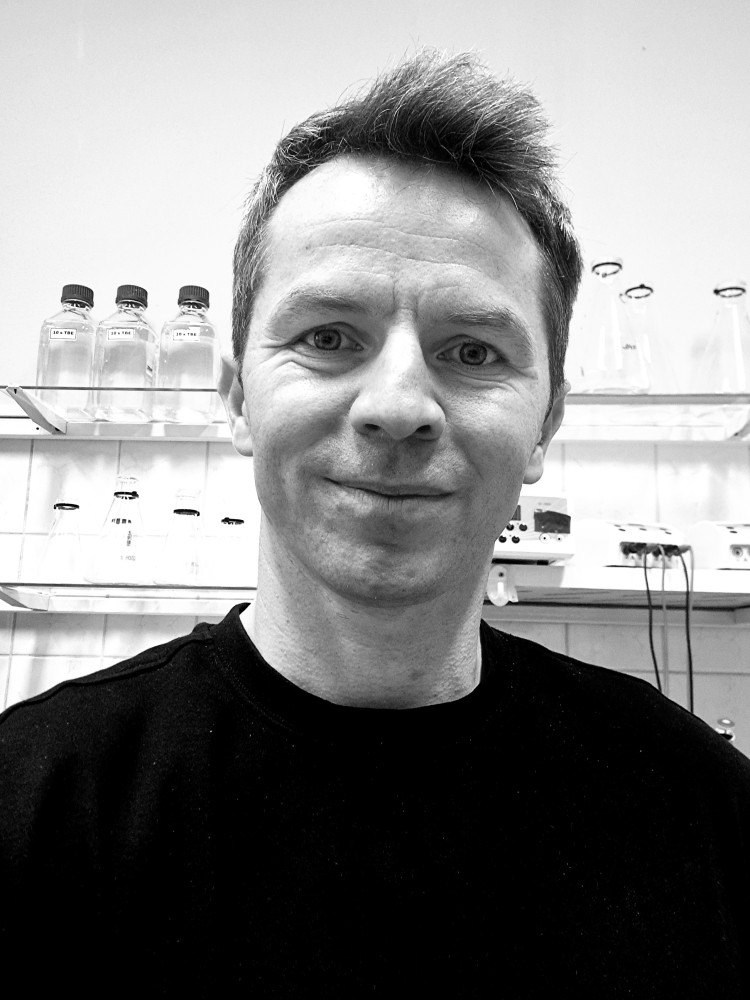Uncovering the Roles of Long Non-Coding RNAs and Chromatin Remodelling in Dormancy and Hormonal Regulation in Arabidopsis Seed
Speaker: Dr Sebastian Sacharowski, Institute of Biochemistry and Biophysics PAS
Talk: Uncovering the Roles of Long Non-Coding RNAs and Chromatin Remodelling in Dormancy and Hormonal Regulation in Arabidopsis Seed
Time: 7.11.2025, 9:00 am
Venue: Intercollegiate Faculty of Biotechnology, Abrahama 58, hall 042B
 Seeds don’t leave germination to chance. Instead, they rely on sophisticated molecular quality management systems in which chromatin organisation and long non-coding RNAs (lncRNAs) monitor and adjust gene activity to match environmental cues, determining whether to germinate or remain dormant. The balance between dormancy and germination is tightly regulated by the DELAY OF GERMINATION 1 (DOG1) protein and the hormones abscisic acid (ABA), which promotes dormancy, and gibberellins (GA), which promote germination. During his talk, Sebastian Sacharowski will present how these epigenetic regulators maintain the seed-to-seedling transition, ensuring that plant life begins precisely at the right moment.
Seeds don’t leave germination to chance. Instead, they rely on sophisticated molecular quality management systems in which chromatin organisation and long non-coding RNAs (lncRNAs) monitor and adjust gene activity to match environmental cues, determining whether to germinate or remain dormant. The balance between dormancy and germination is tightly regulated by the DELAY OF GERMINATION 1 (DOG1) protein and the hormones abscisic acid (ABA), which promotes dormancy, and gibberellins (GA), which promote germination. During his talk, Sebastian Sacharowski will present how these epigenetic regulators maintain the seed-to-seedling transition, ensuring that plant life begins precisely at the right moment.
Sebastian graduated from the Poznań University of Economics and Business in 2010, and a year later joined the PhD program at the Institute of Biochemistry and Biophysics, Polish Academy of Sciences (PAS) in Warsaw. He studied how chromatin remodelling complexes affect Arabidopsis development. During this time, he also completed a short-term fellowship at the Warsaw Oncology Centre and received several research scholarships at the Max Planck Institute in Cologne. After obtaining his PhD, he joined the Laboratory of Seed Molecular Biology, where he studies lncRNAs in the context of seed dormancy. His main research focus is to understand how lncRNAs associate with chromatin and how chromatin structure influences gene expression.





